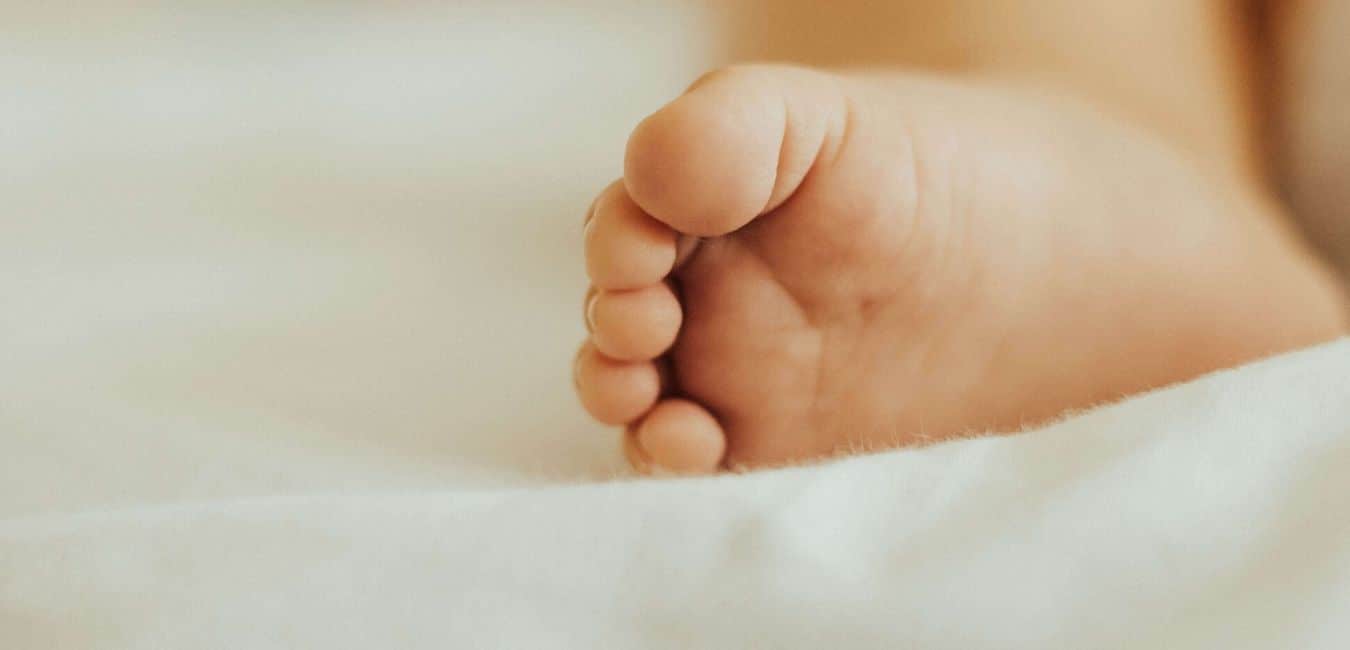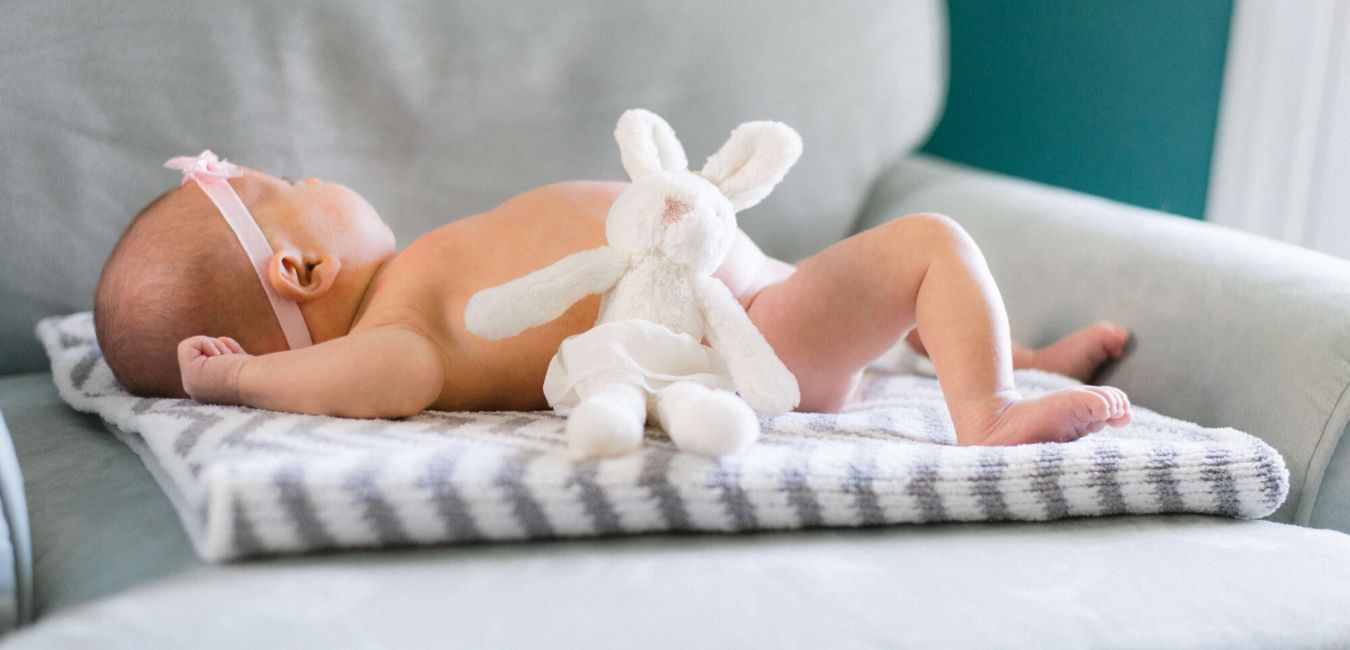The Recovery Period
You’ve probably done a lot of research about pregnancy and labour, but what about postnatal recovery? What happens when the baby arrives and your body takes on the task of returning to normal after such a huge event? Many women admit that they had no idea what to expect from their postnatal recovery on their first baby. It’s best to be informed and prepared beforehand so you can stock up on the essentials and save yourself some concerned Googling of each new symptom.
The recovery period is said to last up to 6 weeks after your baby’s birth. If you had a vaginal delivery without complications then you can recover in as little as 3 weeks. If you had a perineal tear, an episiotomy or a c-section then you’re likely to need at least 6 weeks recovery time. Every new mother is different, so there’s no set schedule for recovery. However, if you’re concerned about your recovery then speak to your doctor. Don’t wait until your next scheduled checkup to highlight anything that doesn’t feel right.
Getting Back to (New) Normal
Your body has been through a huge change, don’t feel like you should be up and about straight away. Give yourself time to adjust to your new version of normality.
Regardless of whether you deliver vaginally or have a c-section, you’ll experience bleeding in the first weeks after birth. This will be accompanied by cramps and feels similar to a heavy menstrual period (oh, joy..). This is because your uterus is shrinking and moving back to its normal position. It’s also shedding the leftover mucus, blood and the lining of your uterus which nestled your baby for all those months. You’ll need to rely on pads for this bleeding as tampons or menstrual cups could cause an infection (and unnecessary discomfort). The bleeding will stop gradually within a few weeks. If you feel like it’s not slowing down, or you’re seeing large clots, contact your doctor to get it checked out.
At any time during the months after giving birth, you may experience hair loss. This is due to the drastic hormonal changes that your body has gone through. It is normal to lose about 400 hairs per day in the months following childbirth and you may notice patches of thinning hair. Try not to freak out, it’s just temporary! Your hair will regenerate and it usually goes back to normal within 18 months. Eating high protein foods gives your hair the best chance at returning to normal quickly.
Your breasts will be very tender after giving birth. This is caused by hormonal changes and increased milk production. Wear soft loose clothing and avoid any fabrics that can irritate your skin. If you’re struggling to find any fabrics that are gentle enough, consider using silver healing cups to protect and aid healing. If you’re breastfeeding, vary your nursing positions and expose your nipples to the air after feeding. Pain while breastfeeding should subside within a few weeks. If you’re struggling with breastfeeding consider meeting with a lactation consultant.

What happens to my body after giving birth vaginally?
After the birth, you’ll experience pain for a few weeks. Whether you required stitches or not, there’s a lot of healing that needs to happen. Use ice packs on the area and consider using a sitz bath to help with any swelling. You can also use water instead of toilet paper after urinating to avoid discomfort. If you needed stitches then these will be adding some itchiness to the pain you’re feeling down there. Pro tip: get a haemorrhoid pillow and bring it everywhere. It takes a lot of the pressure off your vagina – it’s been through enough, don’t make it contend with wooden chairs or a bumpy car ride (shudders). Kegel exercises can increase blood flow to the area and aid recovery, they also strengthen your pelvic floor to help with incontinence.
What happens to my body after giving birth via c-section?
If you had a c-section there will be a lot of soreness around the incision. Pain usually peaks about 18 hours after your c-section, as this is when your anaesthetic is fully worn off. Your incision will be sore for a few weeks, and many women report numbness and tenderness months after giving birth via c-section. Avoid lifting anything even moderately heavy. The rule of thumb is: if it’s heavier than your baby, don’t lift it for at least 6 weeks.
You also cannot drive for at least 6 weeks after a c-section as this causes strain on your lower abdomen and will impede your healing. Also, your muscles won’t be as quick as you’re used to, which could make you unable to brake quickly in an emergency.
Another everyday activity that can have a negative impact on recovery is stairs. Limit the number of times you’re walking up and down stairs as this movement puts a strain on the muscles around the incision.
If you notice any redness, swelling or weeping from your incision, contact your doctor straight away.

Mental Health
The drastic changes in hormones can leave your brain chemistry completely out of its usual rhythms. Usually, day 3 after your baby’s arrival is when Baby Blues set in. This is usually when everything starts to calm down, maybe you’re receiving fewer phone calls, fewer visitors and your partner may have returned to work. You haven’t exactly found your feet with your new baby yet so your raging hormones might tell you “you’re not good at this”. Symptoms of Baby Blues include persistent feelings of failure, sadness or emptiness and frequent crying. About 80% of women in Ireland experience Baby Blues at some time in their lives, so it’s almost guaranteed that you know a mother who can relate to how you’re feeling. Baby Blues usually last around 2 weeks and new mothers tend to start feeling better once they have their routine in place and they’ve had a chance to settle into their new family dynamic. During this time make sure to accept help from family and friends. Don’t overload your schedule. Your mind is recovering just like your body is recovering. If your mood doesn’t begin to improve after this 2 week period then consult your doctor as you may be suffering from Postnatal Depression.
Postnatal Depression affects about 10% of Irish women and can develop at any stage in the first year after giving birth. Symptoms include feelings of emptiness, failure and sadness. You may feel rejected by your baby and overwhelming stress when they cry. You could be obsessive about your baby’s safety, staying awake all night to watch them, not allowing anyone else to hold or care for them. You could even have feelings of hatred towards your baby and thoughts of harming them. If you experience these feelings it’s extremely important to tell someone. It’s nothing to be ashamed about, it does not reflect on you as a mother, it’s just a chemical imbalance in your brain. Talk to your doctor about getting the right support for you. Citizens Information has a list of options for mothers struggling with Postnatal Depression, explore your options and choose one that suits you and your family.
If you are currently pregnant and concerned that you may develop Postnatal Depression, make a plan of action with those close to you.
Red flags which they need to look out for include:
- Inability to make simple decisions, especially relating to the baby
- Frequent crying or emotional outbursts
- Inability to sleep even when they have the opportunity to sleep
- Reluctancy to allow anyone else to look after the baby
- Losing sense of time
- Withdrawing from others
- No desire to play with their baby
Make sure they know the signs and how to access help for you. When we experience any type of depression we do not feel motivated to help ourselves and may reject other people’s attempts to help. Many families worry about upsetting a new mother by suggesting she may be depressed, so the suffering persists for longer than it needs to. Educate yourself and your family so you can all have a healthy and happy beginning to your baby’s life.
In Conclusion
Giving birth takes a huge toll on a mother physically and emotionally but with the correct preparation and support, it can be one of the best times of a woman’s life. We discussed the less-than-glamorous aspects of bringing a baby into the world because it’s best to be informed now so you can focus on enjoying the time with your baby. You may not want to put photographs of your haemorrhoid pillow in the baby book, but you’ll always remember how much of a life-saver it was!
From all of us at UltraScan, we wish you a happy and healthy journey into motherhood and beyond.







